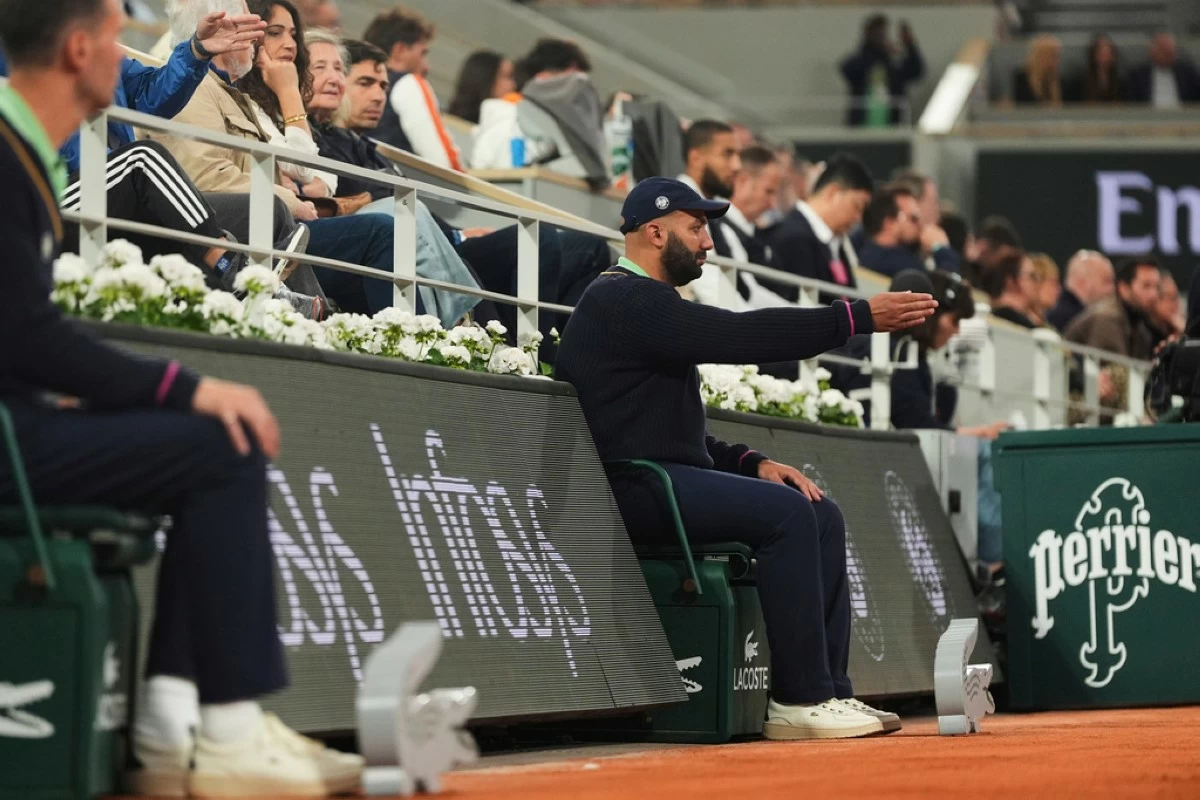Google Veo 3: Will AI-Powered Filmmaking Empower Creators or Replace Them?

Google's latest innovation, Veo 3, has sent ripples through the filmmaking world. Unveiled at the I/O 2025 conference, this groundbreaking AI technology promises to transform video creation as we know it. Veo 3’s core capability lies in its ability to generate high-quality video content from simple text prompts or even images, complete with perfectly synchronized audio. It’s a game-changer, but is it a positive one?
Democratising Content Creation?
The potential benefits are undeniable. Veo 3 could dramatically lower the barrier to entry for aspiring filmmakers and content creators. Imagine being able to bring your story to life without needing a massive budget, a large crew, or years of training. Small businesses, educators, and independent artists could all leverage this technology to create engaging and professional-looking videos.
“This is incredible! I can finally make the short film I’ve always dreamed of, without needing to convince investors or hire a team,” one user commented on social media. The ability to rapidly prototype ideas and experiment with different concepts is another significant advantage. Content creators can iterate faster and more efficiently, leading to more innovative and compelling storytelling.
The Job Security Question: A Growing Concern
However, the arrival of Veo 3 hasn't been met with universal enthusiasm. Concerns about the potential impact on jobs within the film industry are widespread. Will AI-powered video generation lead to a reduction in demand for traditional roles like camera operators, editors, sound designers, and even directors?
“I’m worried about what this means for my career,” posted a film editor on a professional forum. “If anyone can generate a decent video with a few clicks, what’s the point of hiring an experienced editor?” This sentiment is echoed by many working in the industry, who fear that their skills and expertise could become obsolete.
Finding a Balance: Collaboration, Not Replacement
Experts suggest that the future likely lies in collaboration rather than outright replacement. Veo 3, and similar AI tools, are unlikely to completely eliminate the need for human creativity and expertise. Instead, they will likely augment the filmmaking process, allowing professionals to focus on higher-level tasks like storytelling, artistic direction, and post-production refinement.
Think of it as a powerful tool that can automate some of the more tedious and time-consuming aspects of filmmaking, freeing up creatives to focus on what they do best: crafting compelling narratives and pushing the boundaries of visual storytelling. The key will be for filmmakers to adapt and learn how to effectively integrate AI tools into their workflow.
The Ethical Considerations
Beyond the economic implications, Veo 3 also raises ethical considerations. Concerns about copyright infringement, the potential for deepfakes and misinformation, and the authenticity of content are all valid and need to be addressed. Google will need to implement safeguards to prevent misuse and ensure responsible development of this powerful technology.
The Verdict: A Transformative Tool with a Complex Future
Google Veo 3 is undoubtedly a transformative technology with the potential to reshape the filmmaking landscape. Whether it ultimately empowers creators or threatens jobs remains to be seen. The industry needs to proactively address the challenges and embrace the opportunities that AI presents, ensuring a future where technology and human creativity can coexist and thrive. The conversation has only just begun, and the coming years will be crucial in shaping the future of filmmaking in the age of AI.






